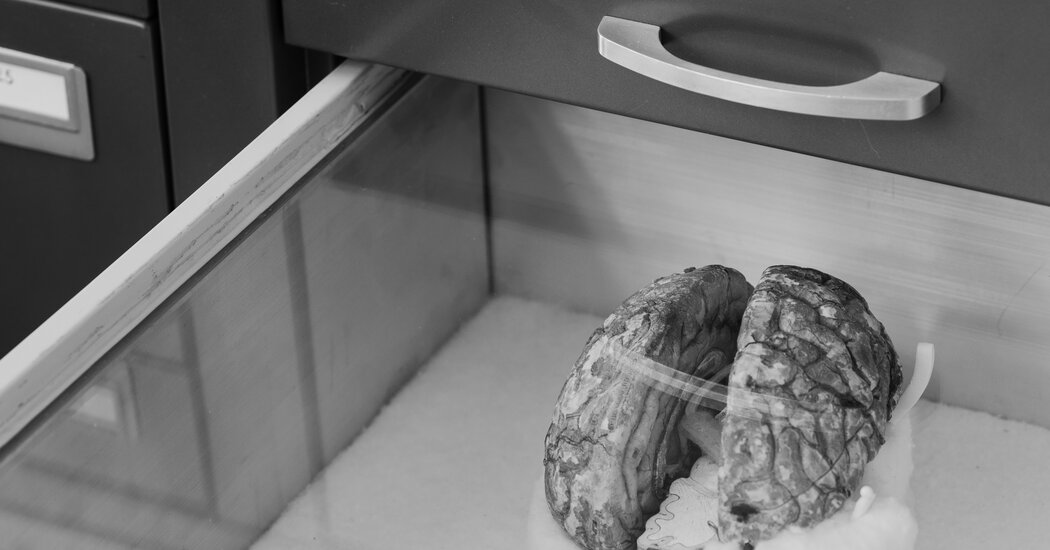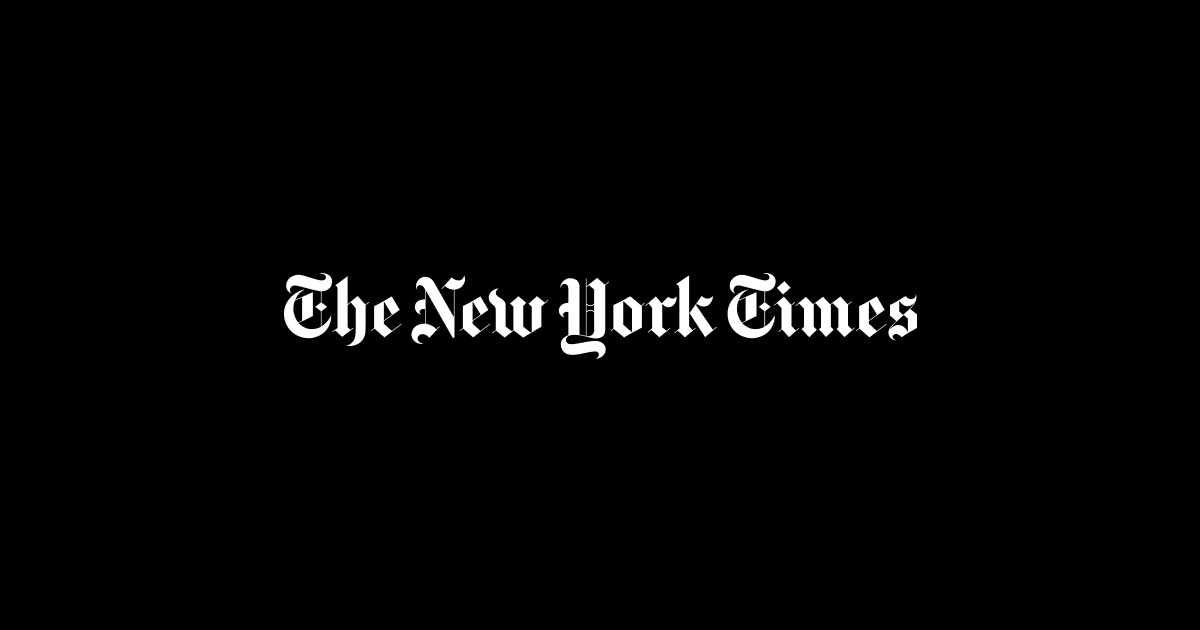Defending Academic Freedom in American Universities
When most Americans think about our great universities, they probably don’t think about the origins of lasers, FM radio, or bar codes; they don’t think about the Google algorithm, the invention of the computer and the iPhone, cures for childhood leukemia, the Pap smear, scientific agriculture, or the discovery of mRNA vaccines. They almost certainly don’t think about the CRISPR technology that may lead to cures of many genetic-based diseases. And they definitely don’t think about the electric toothbrush, Gatorade, the Heimlich maneuver, or Viagra.
Contributions of American Research Universities
The importance of upholding the autonomy and freedom of universities cannot be overstated. These institutions are the breeding ground for significant scientific advancements that have continually shaped the modern world. The partnership established between the federal government and universities under the compact from 1945 has been instrumental in maintaining a competitive edge in global innovation and discovery. Alterations to this longstanding relationship pose not only a threat to academic inquiry but also to national progress in various cutting-edge fields. With today’s challenges in areas like quantum computing, artificial intelligence, and medical breakthroughs, revisiting and reinforcing the terms of this compact is crucial. Ensuring freedom from political influence will allow universities to continue their vital role in producing the knowledge and technologies that drive economic and social progress.
Federal Government’s Impact on American Research Universities
Many in government and other positions of influence may not fully grasp the magnitude of harm that could be caused by stifling the freedom and independence of research universities through political or financial constraints. The spirit of inquiry and the boldness to ask difficult questions has fueled the nation’s advancements, from technological breakthroughs to medical advancements that have saved countless lives. Interrupting this flow of innovation and discovery risks not only slowing progress but ceding leadership to other nations that are investing heavily in research and development. It is crucial to recognize how deeply intertwined the future of American prosperity is with the continued success and independence of its universities.
The Threat to Academic Freedom and Free Inquiry
The Trump administration has sought to impose its will on higher education by withdrawing more than a billion dollars of funding from some universities and threatening others with similar punishment. It has sought to deport student protesters who are legal residents. All this is a fundamental assault on the values and functioning of our university system. Columbia and Johns Hopkins, founded in 1876 and America’s first true research university, may be only the first to feel the effects of this needless use of a sledgehammer.
The Importance of Renewing the 1945 Compact for Academic Freedom and Free Inquiry
In conclusion, we are at a critical juncture where the actions of the Trump administration threaten the foundation of academic freedom and the continued role of American universities as global leaders in research and discovery. It is imperative that we resist these challenges and protect the autonomy of our universities to ensure the progression of knowledge and the substantial benefits it brings to society. The fight to maintain the integrity and pre-eminence of our higher education institutions is vital not only for the advancement of science and technology but for the preservation of a fundamental aspect of our democracy.















Post Comment